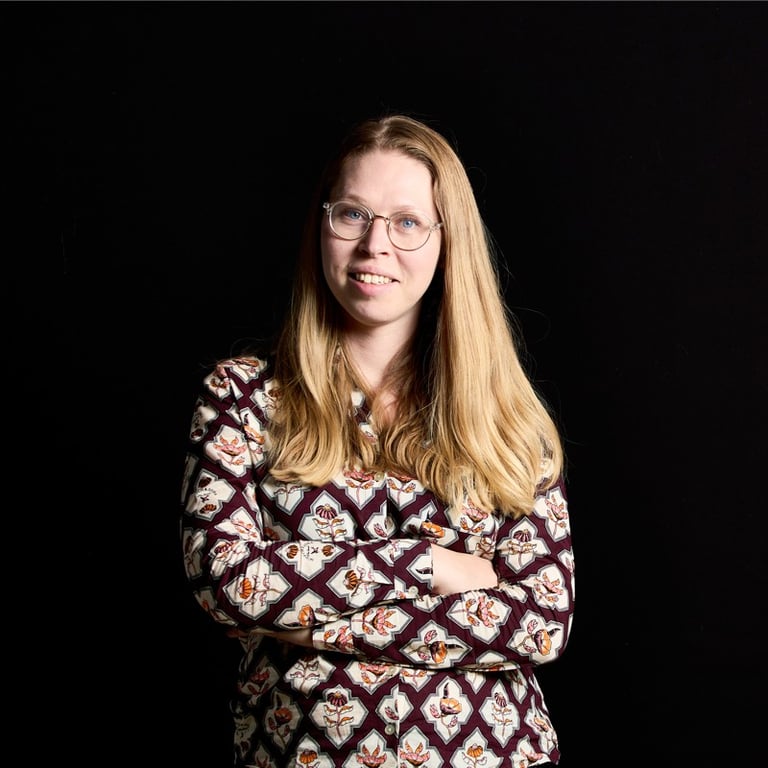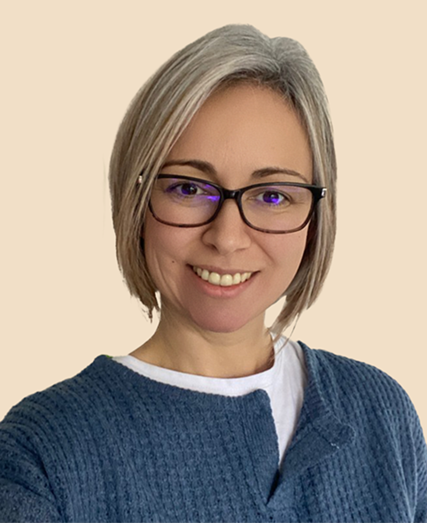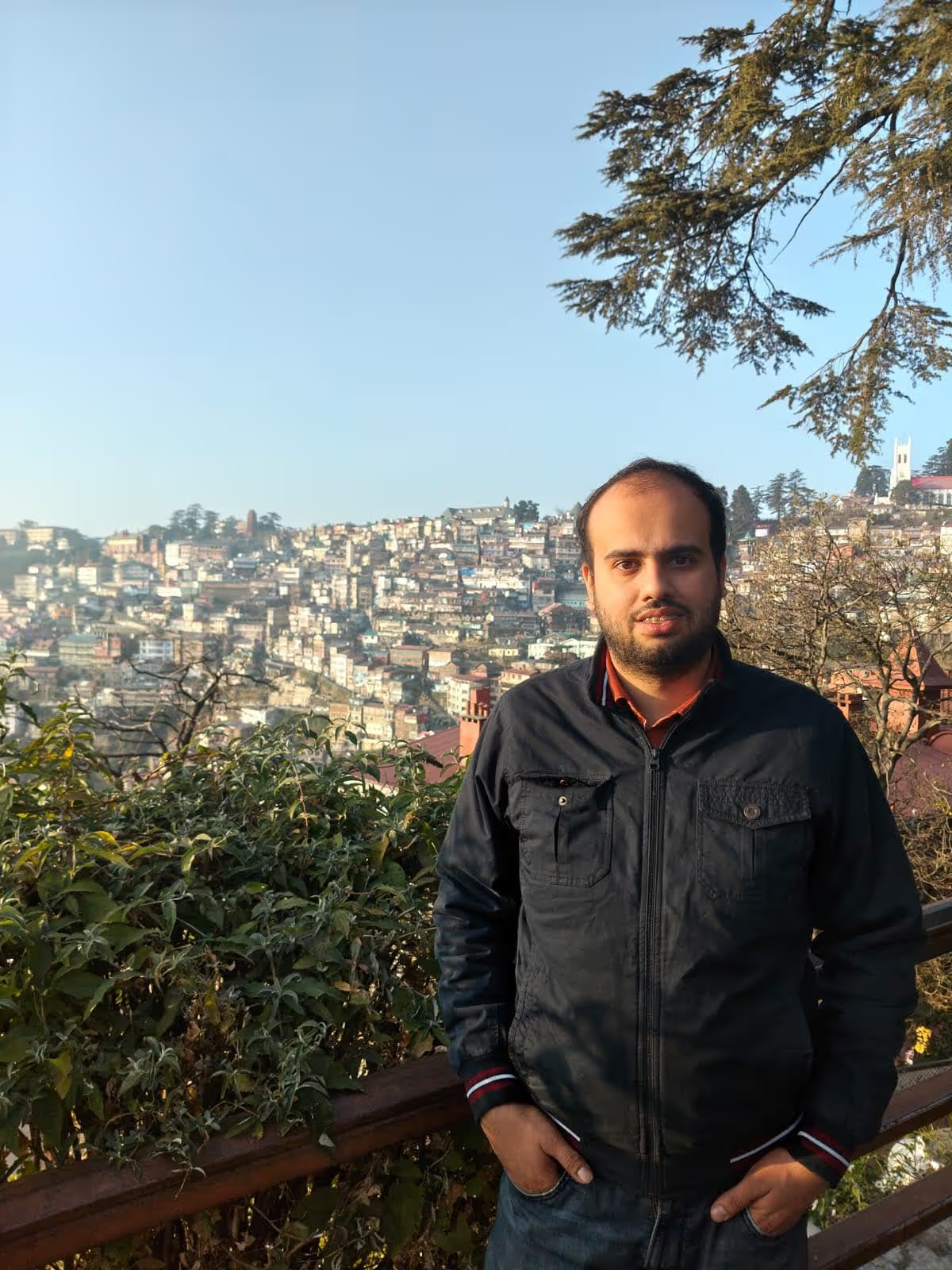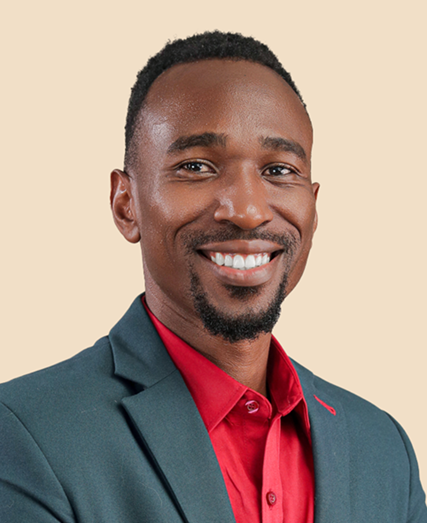About
The course trains students to become independent researchers in an area of the natural, mathematical, or computational sciences, contributing original knowledge in their chosen discipline. The doctorate program develops skills in critical thinking, analysis, research, project management, and writing. Students gain a sophisticated, cutting-edge knowledge of their research specialty.
Target Audience
Ages 19-30, 31-65
Target Group
The course is suited for those who intend to conduct original research in the pursuit, discovery, or creation of new knowledge. It provides training for those seeking advanced study and employment in research-focused fields.
Mode of attendance
Full-Time and Part-Time
Structure of the programme
Entire programme is divided into three modules, each building upon the previous. It has a large research component consisting of both structured research preparation and the creation of an extensive final thesis in which students undertake cutting-edge, original, independent research.
All students are required to complete 3 stages of the thesis, during which they are closely supervised in producing a substantial piece of written research. The thesis allows students to produce sustained and focused research in a structured and personalised environment.
Tier One
Advanced Research Planning and Methodology (MQF 8, 1500 Hours)
Tier Two
Research Progress and Progress Review (MQF 8, 1500 Hours)
Tier Three
Thesis Completion and Viva Voce Examination (MQF 8, 1500 Hours)
Although these tiers are represented as co-equal in duration, in practice many students will find that they vary: For example, perhaps the plan of study (from Advanced Research Planning and Methodology) is completed midway through year 1, but the research phase may well take three semesters. Their equivalence here represents the importance of the three moments of the degree, rather than prescribing a specific model to a student and their supervisor.
Grading System
Within any individual module assessment is of two kinds: assessment of regular assignments (typically weighted 20% as a whole) and assessment of a final assignment or project (typically weighted 80%). These grades, however, are regarded only as indicators of progress while the student is progressing through the program.
The Ph.D. is awarded on a pass/fail basis as a consequence of the viva voce examination.
Dates of Next Intake
Rolling admission
Pass rates
2023 pass rates will be publicised in the next cycle, contingent upon ensuring sufficient student data for anonymization.
Identity Malta’s VISA requirement for third country nationals: https://www.identitymalta.com/unit/central-visa-unit/
How students have found success through Woolf
Course Structure
About
This module prepares a student to contribute new knowledge to scholarship in the sciences, particularly the mathematical or computational sciences, such that they can conduct (in subsequent modules) a programme of original, publishable research that advances the state of knowledge in their chosen field.
The main goal of this module is the completion of a Research Plan. The module prepares students to embark upon a substantial, sustained, unified piece of research at the MQF 8 level. The module is taught by the proposed thesis supervisor as a form of preparation specific to the thesis and the requirements of its subject matter. The thesis supervisor must possess a research doctorate in the the field and sub-field of the proposed dissertation, or failing that, recent peer-reviewed scholarship in that area that demonstrates academic expertise. Approval of the match between a doctoral student and supervisor will rest with the dean of the college, and must be reported to Woolf’s QAETAC committee.
This module is not a general introduction to research or research methodologies, but a practical preparation for students preparing to embark upon the thesis. Although these skills are highly transferable to other research domains, it remains the case that the purpose of the module is scoped to the needs of the specific thesis for which it prepares the student.
The module results in a highly structured ‘Research Plan’ for embarking upon independent research at the MQF 8 level in the subsequent modules.
In order to provide context for the submission of the ‘Research Plan’ (which is the purpose of this phase of the module), the student will gain a proficient knowledge of relevant research methods and planning. Thus, in connection with the core learning outcomes resulting from the research plan, the student will additionally gain a proficient understanding of the wider context of research methods and evaluate the fittingness of the chosen method.
Teachers

Intended learning outcomes
- Develop a specialised knowledge of key strategies related to the analysis of critical paradigms or methodologies.
- Critically understand the diverse scholarly views on methodological paradigms. This understanding forms the basis of an original research question.
- Develop a comprehensive knowledge of received critical or scholarly paradigms beyond that associated with Master’s-level study.
- Communicating to specialist and nonspecialist audiences about the conclusions of state-of-the-art scholarly research.
- Employing the standard modern conventions for the presentation of scholarly work and scholarly referencing.
- Applying an in-depth domain-specific knowledge and understanding to the evaluation of critical paradigms, and using this understanding to advance research questions.
- Assessing, analysing, and criticising the various strategies for handling matters arising in the context of critical paradigms and methodologies.
- Proposing appropriate, well-scoped solutions to complex and changing reception of methodological paradigms.
- Comparing and evaluating the different methodologies recommended in scholarly sources pertaining to how scholars should handle critical paradigms.
- Manage interdisciplinary issues that arise in connection to each methodological paradigms within each field.
- Create a research-based approach to a discipline-specific (or interdisciplinary) problem, integrating knowledge from new research.
- Demonstrate self-direction in research and originality in solutions when engaging scholarly disputes.
- Apply a professional and scholarly approach to research discipline-based problems.
- Design a scholarly project that conforms to contemporary standards around research ethics.
About
Advanced Research Progress and Progress Review helps a student who has just completed the ‘Research Plan’ to undertake a cadence of supervised, original research leading to a substantial portion of their research thesis being completed (2-4 chapters or equivalent).
Although students may request twice-weekly meetings early in the writing process, it is expected (and students typically prefer) not to meet more than twice per month thereafter. This allows the student time to develop their independent research and writing. As the student advances in independence and confidence in their research, and under the discretion of their supervisor, they may reduce their supervisory meetings to 1 time per month, though they must continue to participate in ‘Work in Progress’ seminars each month.
Under the supervision of their supervisor, and through regular submissions and synchronous feedback sessions, students hone and strengthen their ability to conduct innovative, original research at the very forefront of an academic discipline.
While the focus of year one was on preparing the ‘Research Plan’, the focus of year two is on the actual work of research, whether that be in the library, working with datasets, work in the lab, or deep reading in the scholarship on a chosen topic, producing extensive notes and questions, and rough drafts of chapters or thesis sections.
In addition, supervisors in year two will facilitate the student’s participation in the broader scholarly community, whether through presenting in the ‘Work in Progress’ seminar for graduate students and scholars, or through recommended and invited academic conferences.
Teachers

Intended learning outcomes
- The learner will develop specialised knowledge of key strategies related to research methods in a specific technical discipline.
- The learner will be exposed to critical knowledge of methodological debates in a technical research discipline.
- The learner will develop a critical understanding of the diverse scholarly views on specific methodological approaches in the natural or mathematical.
- Applying an in-depth domain-specific knowledge and understanding to selecting and defending a research method in the natural, mathematical, or computational sciences.
- Assessing, analysing, and criticising the various strategies for handling matters arising in the context of natural or mathematical sciences research methods.
- Proposing appropriate solutions to complex and changing problems pertaining to methodology in the natural or mathematical sciences.
- Autonomously gathering material and organising it into a coherent presentation or essay.
- Comparing and evaluating the different methodologies recommended in scholarly sources pertaining to how researchers should settle interpretative questions.
- Employing the standard modern conventions for the presentation of scholarly work and scholarly referencing
- Efficiently manage interdisciplinary issues that arise in connection to methods in the natural or mathematical sciences
- Act autonomously in identifying research problems and solutions related to advancing knowledge in the natural and mathematical sciences.
- Create synthetic contextualised discussions of key scholarly debates in a chosen discipline
- Demonstrate self-direction in research and originality in solutions developed for creating knowledge in the natural or mathematical sciences.
- Solve problems and be prepared to take leadership decisions related to the methods and principles of research.
- Apply a professional and scholarly approach to research problems pertaining to qualitative and/or quantitative methods in a scholarly discipline.
About
Entering the third year of doctoral studies, students will have a well-defined research topic, a clear structure to organise their proposed research, a firm grasp of the relevant literature, a practical timeline in which to conduct their research, and a substantial body of drafted thesis chapters or sections (equivalent to 2-4 chapters).
In this module, the aims of the methodology module are fulfilled and the research of the past two years is brought into one overarching argument. The exact length of the thesis will vary by method and discipline, but ordinarily will not exceed 80,00-100,000 words, exclusive of any appendices.
The thesis will constitute a substantial, original, independent piece of research, which is clearly articulated in relation to the primary evidence and secondary literature, and which is organised in relation to the plan first envisaged in the methodology module.
Students may select the Integrated Thesis option for their dissertation, which results in a shorter document drawing directly on publishable or published material. The Integrated Thesis option will typically be 20-40,000 words (not longer than 80,000 words without express permission from Woolf), exclusive of appendices and data sets. A doctoral thesis on the Integrated Thesis option may be accepted for examination if it consists of a minimum of three papers of publishable quality, framed by an introduction, a literature survey (either written as a stand-alone chapter or divided among the constituent chapters), and a conclusion. The thesis must represent a contextualized and broadly coherent body work, justified in the introduction and conclusion. At least one paper must be authored primarily by the candidate with the supervisor as a co-author. Any co-authored papers must include a statement describing the candidate’s contribution to the paper. Where the co-author is another student at Woolf who also intends to include the paper in their own thesis, permission to include the paper must be approved, prior to submission for examination, by the Academic Board of the college, with written notice to Woolf’s Quality Assurance, Enhancement, and Alignment Committee (QAETAC).
Regular supervision meetings keep the student on-course with the timeline agreed in the methodology module. Supervisory meetings concentrate on a pre-submitted piece of research in a pattern that continues until the first draft of the thesis is complete.
Although students may request twice-weekly meetings early in the writing process in module two, it is expected (and students typically prefer) not to meet more than once or twice per month by this stage of the thesis. This allows the student time to develop their independent research and writing. All full-time students must meet with their supervisor at least once per month. Students meeting only once a month must also participate each month in Works-in-Progress seminars.
After the completion of the first draft, meetings focus on the harmonisation of the parts, adjustments to the overall argument, and the supervisor seeks to ensure that the student guides the thesis with a single, coherent line of enquiry.
The final meetings with the student focus on polishing the editorial aspects of the thesis, and helping the student prepare for examination.
Teachers

Intended learning outcomes
- The learner will demonstrate expert knowledge at an MQF 8 level of the topic addressed in the thesis
- The learner will employ the different types of textual and non-textual evidence used for the field of enquiry.
- The learner will have a comprehensive overview of the most important primary and secondary literature in the field of enquiry.
- The leaner will grasp key theoretical, methodological, or historiographical debates for the field of enquiry.
- Identifying a specific, unique, and well-scoped domain of research enquiry for the proposed thesis
- Assessing, analysing and critiquing primary sources and secondary literature
- Justifying the choice of pursuing a research topic according to a specific scholarly methodology fitting to a domain of enquiry.
- Delivering a thesis in a structured, well-scoped, and orderly way
- Identify and explore areas of potentially novel scholarly enquiry within the domain of the proposed thesis topic
- Applying historical and critical approaches to the interpretation of primary and secondary sources in such a way as to make a genuinely new contribution to knowledge
- Summarising a wide-ranging body of information from multiple sources
- Acquire domain-specific terminology to discuss the proposed thesis topic
- Communicate clearly and convincingly, both orally and in writing, about the methodological approaches, major theoretical and interpretive problems, and interpretative strategies for the thesis topic.
- Produce a clear, concise, and well-scoped account of the research on the basis of very wide-ranging bibliographic materials.
- Engage critically with scholarship dealing with the proposed thesis topic and methodological approaches to it.
- Communicate clearly and convincingly, both orally and in writing, about the formal structure and methodology of the thesis (showing an awareness of alternatives.
- Comparing different approaches to the designated field of enquiry and make critical choices between them
- Communicate clearly and convincingly, both orally and in writing, about the thesis topic
- Understanding and applying standard modern conventions concerning the presentation of scholarly work and scholarly referencing
- Demonstrate practical skills in gathering information from a variety of primary and secondary sources and in applying it to specific disciplinary questions.
- Grasp the theoretical issues that affect the proposed field of enquiry and the relative strengths and weaknesses of alternative approaches in the secondary literature.
- Conduct a programme of research that contributes to professional knowledge
- Manage complex, sustained research on a problem in the natural or mathematical sciences, and develop new interpretive strategies.
Entry Requirements
Application Process
Submit initial Application
Complete the online application form with your personal information
Documentation Review
Submit required transcripts, certificates, and supporting documents
Assessment
Note: Not required by all colleges.
For colleges that include this step, your application will be evaluated against specific program requirements.
Interview
Note: Not all colleges require an interview.
Some colleges may invite selected candidates for an interview as part of their admissions process.
Decision
Receive an admission decision
Enrollment
Complete registration and prepare to begin your studies
.avif)










